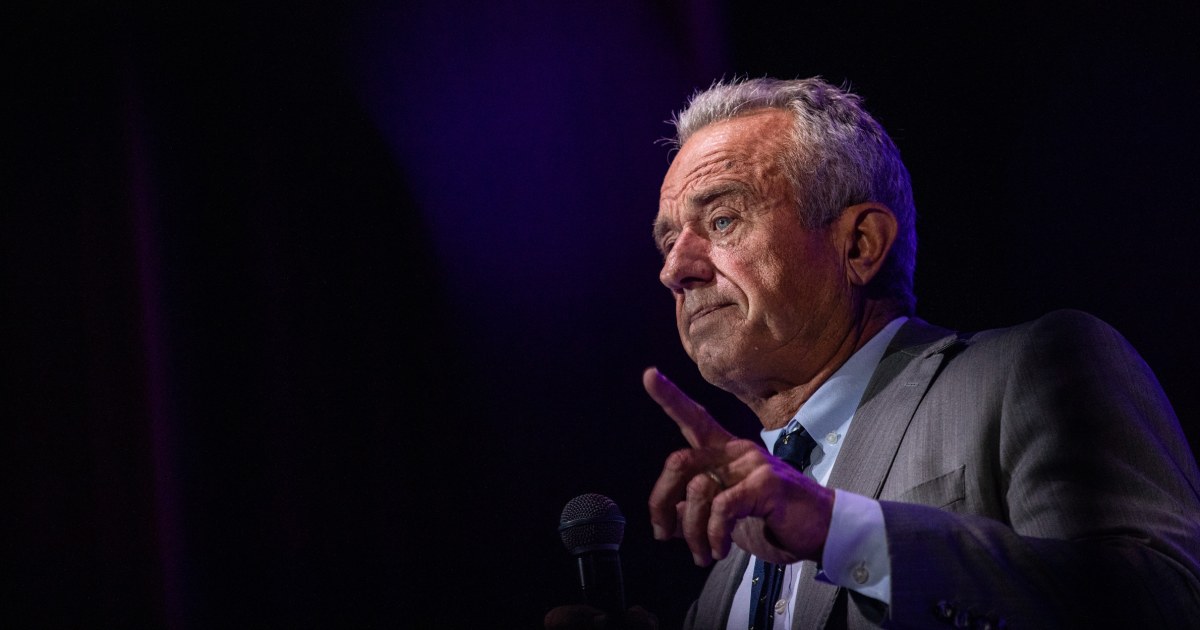
Former President Donald Trump and Robert F. Kennedy Jr., an independent presidential candidate, had a conversation about vaccines during which Trump expressed doubts about their safety and efficacy. The details of their discussion were revealed through leaked phone call recordings posted online by Bobby Kennedy III, RFK Jr.'s son.
According to the reports, during the call Trump mentioned his concerns regarding the number of vaccines given to infants and their size. He also claimed that he had seen babies change radically after receiving vaccines. These statements echo Trump's previous anti-vaccine sentiments, which have been widely debunked by scientific experts.
The conversation between Trump and Kennedy Jr. took place on July 16, 2024, just a day after an assassination attempt on Trump during a campaign rally in Pennsylvania. The leaked video was posted online by Bobby Kennedy III before being deleted.
Trump's anti-vaccine stance is not new; he has previously expressed skepticism towards public health professionals and their recommendations for vaccines. His statements have been met with criticism from experts, who emphasize the importance of vaccines in preventing the spread of diseases and protecting public health.
It is important to note that Trump's claims about vaccine safety are not supported by scientific evidence. The Centers for Disease Control and Prevention (CDC) and other reputable health organizations have thoroughly researched the safety of vaccines, which have been proven to be effective in preventing various diseases.
The conversation between Trump and Kennedy Jr. highlights the importance of being informed about vaccine safety and making evidence-based decisions. It is crucial for individuals to rely on credible sources when seeking information about health-related matters.


